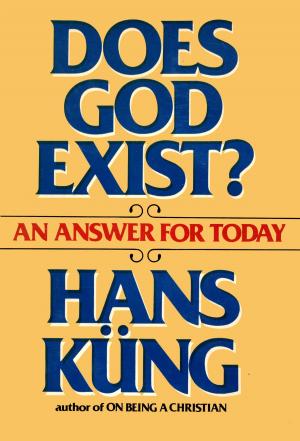The Party of Humanity
Nonfiction, Social & Cultural Studies, Political Science, Politics, Social Services & Welfare, History, Modern, 18th Century, France| Author: | Peter Gay | ISBN: | 9780307831439 |
| Publisher: | Knopf Doubleday Publishing Group | Publication: | May 8, 2013 |
| Imprint: | Knopf | Language: | English |
| Author: | Peter Gay |
| ISBN: | 9780307831439 |
| Publisher: | Knopf Doubleday Publishing Group |
| Publication: | May 8, 2013 |
| Imprint: | Knopf |
| Language: | English |
THE ENLIGHTENMENT has long been the victim of uninformed or hostile criticisms. Even so respected a source as the Shorter Oxford English Dictionary defines the Enlightenment as “shallow and pretentious intellectualism, unreasonable contempt for authority and tradition,” thus collecting in one sentence most of our current prejudices. In this provocative book—at once a scholarly study and a vigorous polemic—Peter Gay sets out to shatter old myths, to sort out illusion from reality, and to restore the men of the Enlightenment—Voltaire, Rousseau, Diderot—to the esteem they deserve.
The nine related essays in The Party of Humanity fall into three divisions: three are on Voltaire, presenting the great philosophe as a tough-minded, realistic man of letters who tried to reshape his world, rather than as merely brittle and shallow wit. Then, three essays characterize the French Enlightenment as a whole, and seek for the unity underlying the diversity of tempers and attitudes among its leaders. The last three, which include Mr. Gay’s well-known critique of Carl Becker’s The Heavenly City of the Eighteenth Century Philosophers, are polemics against widely accepted views of the Enlightenment. The longest chapter here is a detailed examination of Rousseau, the philosopher, and of his reputation among his interpreters.
What all nine essays have in common, apart from their portrayal of the philosophes as serious and engage partisans of humanity, is that they are all essays in the “social history of ideas”; they all treat ideas as inseparable from the specific social and cultural setting from which they emerge and which they affect.
THE ENLIGHTENMENT has long been the victim of uninformed or hostile criticisms. Even so respected a source as the Shorter Oxford English Dictionary defines the Enlightenment as “shallow and pretentious intellectualism, unreasonable contempt for authority and tradition,” thus collecting in one sentence most of our current prejudices. In this provocative book—at once a scholarly study and a vigorous polemic—Peter Gay sets out to shatter old myths, to sort out illusion from reality, and to restore the men of the Enlightenment—Voltaire, Rousseau, Diderot—to the esteem they deserve.
The nine related essays in The Party of Humanity fall into three divisions: three are on Voltaire, presenting the great philosophe as a tough-minded, realistic man of letters who tried to reshape his world, rather than as merely brittle and shallow wit. Then, three essays characterize the French Enlightenment as a whole, and seek for the unity underlying the diversity of tempers and attitudes among its leaders. The last three, which include Mr. Gay’s well-known critique of Carl Becker’s The Heavenly City of the Eighteenth Century Philosophers, are polemics against widely accepted views of the Enlightenment. The longest chapter here is a detailed examination of Rousseau, the philosopher, and of his reputation among his interpreters.
What all nine essays have in common, apart from their portrayal of the philosophes as serious and engage partisans of humanity, is that they are all essays in the “social history of ideas”; they all treat ideas as inseparable from the specific social and cultural setting from which they emerge and which they affect.















